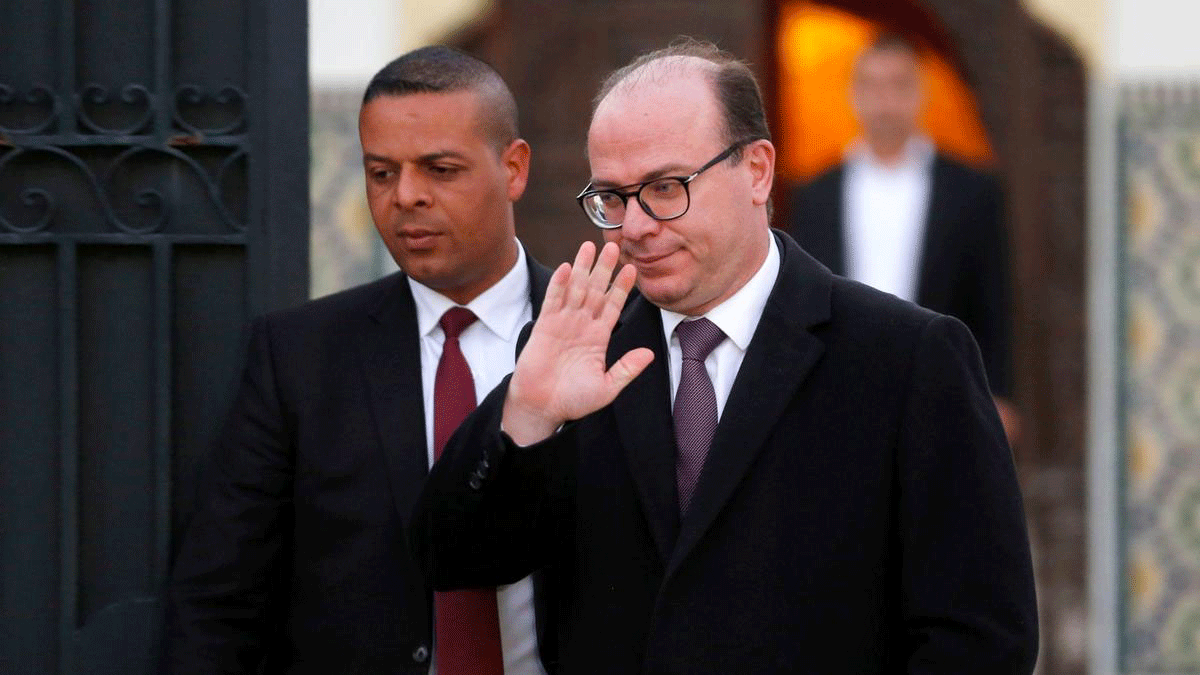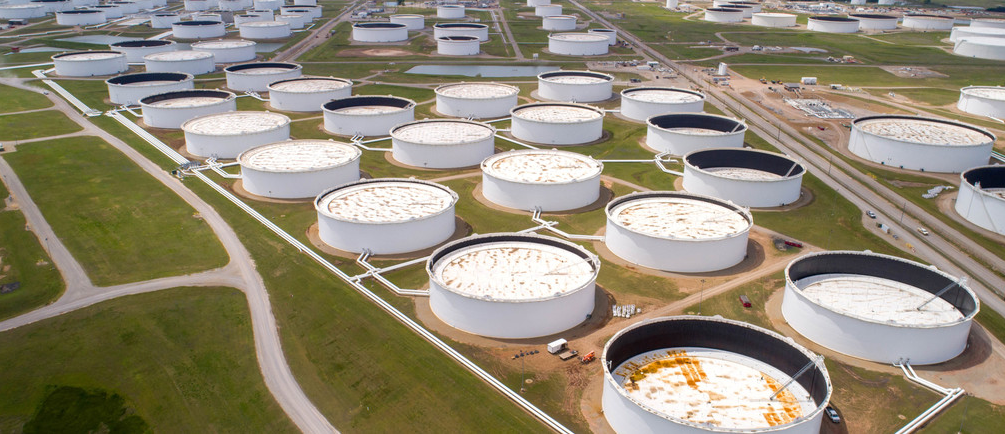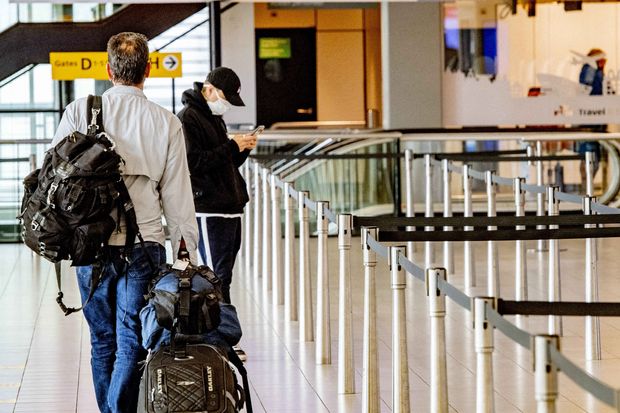It was a tough night for Tunisian Prime Minister Elyes Fakhfakh as he faced intense questioning from parliamentarians over what the Tunisian media has dubbed “Fakhfakh Gate.” A plenary session on Thursday night lasted until 4 a.m. as lawmakers grilled the prime minister in what Le Courrier de l’Atlas described as “a night of the long knives.”
Fakhfakh had faced accusations of a conflict of interest over his role as a shareholder of a company that has allegedly benefited from the prime minister’s governing policies. The prime minister attempted to address the issue by giving a long speech at the start of Parliament’s June 25 plenary session in which he appeared combative against his accusers from opposition parties.
Seventy-three Tunisian lawmakers have now called for a motion of no confidence in their national leader, according to reporting by the North Africa Post on Friday.
Fakhfakh Gate
Fakhfakh’s impassioned and belligerent speech did little to assuage concerns as lawmakers mocked him. The prime minister is accused of being part of a “revolving door” between business and government, a global phenomenon that has become uniquely local because of the scandal.
Leaked documents revealed that Fakhfakh had granted a public waste recycling contract worth $15.4 million to one of his own companies. He did this in the first few months of his premiership, which he says is the reason why he had not yet divested from the company. But many Tunisian politicians have latched onto the scandal as an example of a prevalent and perverse intertwining of business and politics.
Tunisian politicians now aim to address a “scourge” of insider trading and business-to-government collusion, raising the case of former Justice Minister Ghazi Jeribi. Ghazi Jeribi was replaced by his brother Thouraya Jeribi and now is forced to defend problematic ties with Tunisian business interests only months after his departure.
The PM’s response
Fakhfakh has responded to the public scandal by selling his shares in the company that received the $15.4 million tender in question. He has divested himself from all companies that deal directly with the government, but the damage appears to have been done. Independent Parliamentarian Yassine al-Ayari has published new documents that he says reveal further corrupt practices by revealing another granted tender to one of the PM’s companies.
A significant section of the Tunisian Parliament is now calling for investigations over Fakfakh’s accountability as well as how the prime minister profited from his divestment following the scandal. Any evidence of illegal misdealing should provide sufficient ammunition to demand Fakhfakh’s resignation, according to Nabil Hajji of the Congres pour la Republique party.
MP Ayari has asked the Tunisian Counter-Corruption Minister, Mohammed Abbou, to further investigate the prime minister’s conflicts of interests and the accusations that he personally enriched himself through the provision of government tenders.
Consequences
Abbou has called for a “competent” supervisory body to investigate the accusations revealed in “Fakhfakh Gate.” Abbou has also requested copies of all contracts signed with companies where Fakhfakh held a stake and called upon the supervisory body to produce a report to Parliament as soon as possible.
MP Ayari has stressed the importance of the timing of the events. Tunisian law specifies that the country’s prime minister must within 60 days shed himself of possible conflicts of interest, such as shares owned or positions in the private sector.
With Fakhfakh’s belligerent attitude towards his accusers and 72 parliamentarians calling for his resignation, Fakhfakh Gate has truly shaken Tunisian politics as an example of the often incestuous relationship between the country’s private and public sector.





